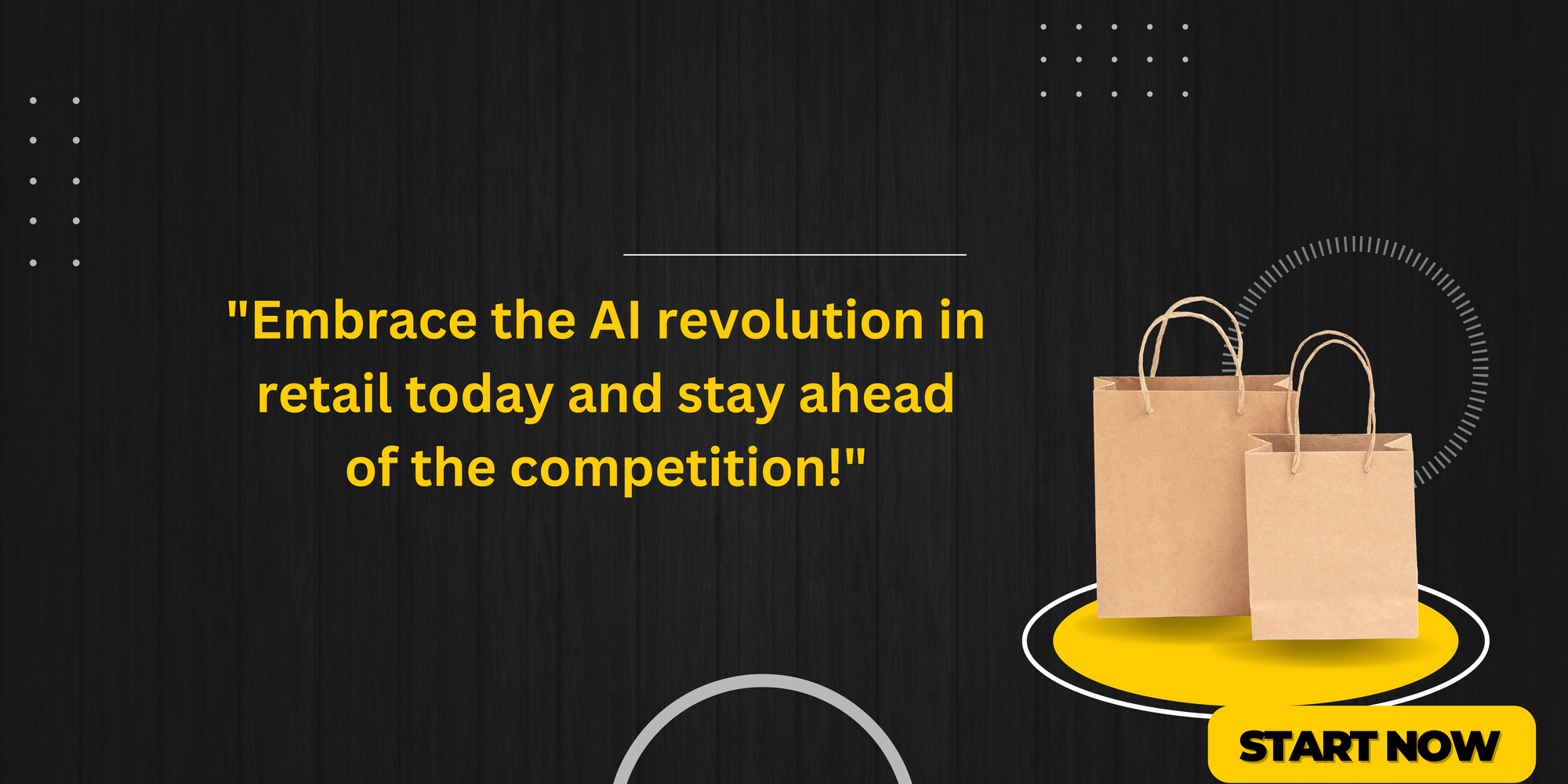How Artificial Intelligence is Revolutionizing the Retail Industry

In the bustling world of retail, where competition is fierce and consumer preferences are constantly shifting, staying ahead of the curve is essential for success. Over the years, we've witnessed the retail landscape undergo significant transformations, from brick-and-mortar stores to e-commerce giants dominating the market. However, one of the most revolutionary changes sweeping the industry today is the integration of artificial intelligence (AI) into retail operations. Let's delve into how AI is revolutionizing the retail industry and reshaping the way businesses operate and interact with customers.
The Rise of AI in Retail:
Artificial intelligence has found a myriad of applications in the retail sector, fundamentally altering the way businesses operate. From personalized recommendations to predictive analytics, AI algorithms are powering innovative solutions that enhance the retail experience for both customers and businesses alike. Retail giants like Amazon have set the stage with AI-driven technologies such as recommendation engines, which analyze customer behavior to offer tailored product suggestions, driving sales and fostering customer loyalty.
Enhanced Customer Experience:
One of the most significant impacts of AI in retail is its ability to enhance the customer experience. AI-powered chatbots and virtual assistants are revolutionizing customer service by providing round-the-clock support, answering queries, and assisting with purchases. These intelligent systems leverage natural language processing and machine learning to understand and respond to customer inquiries, delivering a seamless and personalized shopping experience.
Optimized Inventory Management:
Gone are the days of guesswork in inventory management. AI algorithms analyze vast amounts of data, including historical sales data, market trends, and external factors, to optimize inventory levels and prevent stockouts or overstock situations. By accurately predicting demand and automating replenishment processes, retailers can minimize inventory costs while ensuring products are readily available to meet customer demand.

Efficient Supply Chain Management:
AI is also revolutionizing supply chain management, streamlining operations and improving efficiency. By leveraging AI-powered predictive analytics, retailers can optimize routes, reduce transportation costs, and improve inventory visibility throughout the supply chain. This not only enhances operational efficiency but also enables retailers to respond swiftly to changes in demand and market conditions.
Data-Driven Decision Making:
In today's data-driven world, insights gleaned from vast amounts of data can be a game-changer for retailers. AI-powered analytics tools enable retailers to extract actionable insights from complex datasets, guiding strategic decision-making across various aspects of the business, from pricing and promotions to product assortment and marketing strategies. By harnessing the power of AI-driven analytics, retailers can gain a competitive edge and better understand their customers' preferences and behaviors.
Challenges and Opportunities:
While the potential benefits of AI in retail are undeniable, adoption comes with its own set of challenges. Concerns around data privacy, security, and ethical considerations are paramount, requiring retailers to prioritize transparency and accountability in their AI implementations. Additionally, the upfront costs and technical complexities associated with integrating AI into existing systems can pose challenges for some retailers. However, the opportunities presented by AI far outweigh the challenges, offering retailers the chance to innovate, optimize operations, and deliver exceptional experiences to their customers.
In conclusion, the retail industry is undergoing a profound transformation fueled by the power of artificial intelligence. From personalized shopping experiences to optimized supply chain management, AI is revolutionizing every facet of retail operations. As competition intensifies and consumer expectations continue to evolve, embracing AI-driven solutions is no longer an option but a necessity for retailers looking to thrive in the digital age. By harnessing the transformative potential of AI, retailers can unlock new opportunities, drive growth, and stay ahead of the curve in an increasingly competitive marketplace.
